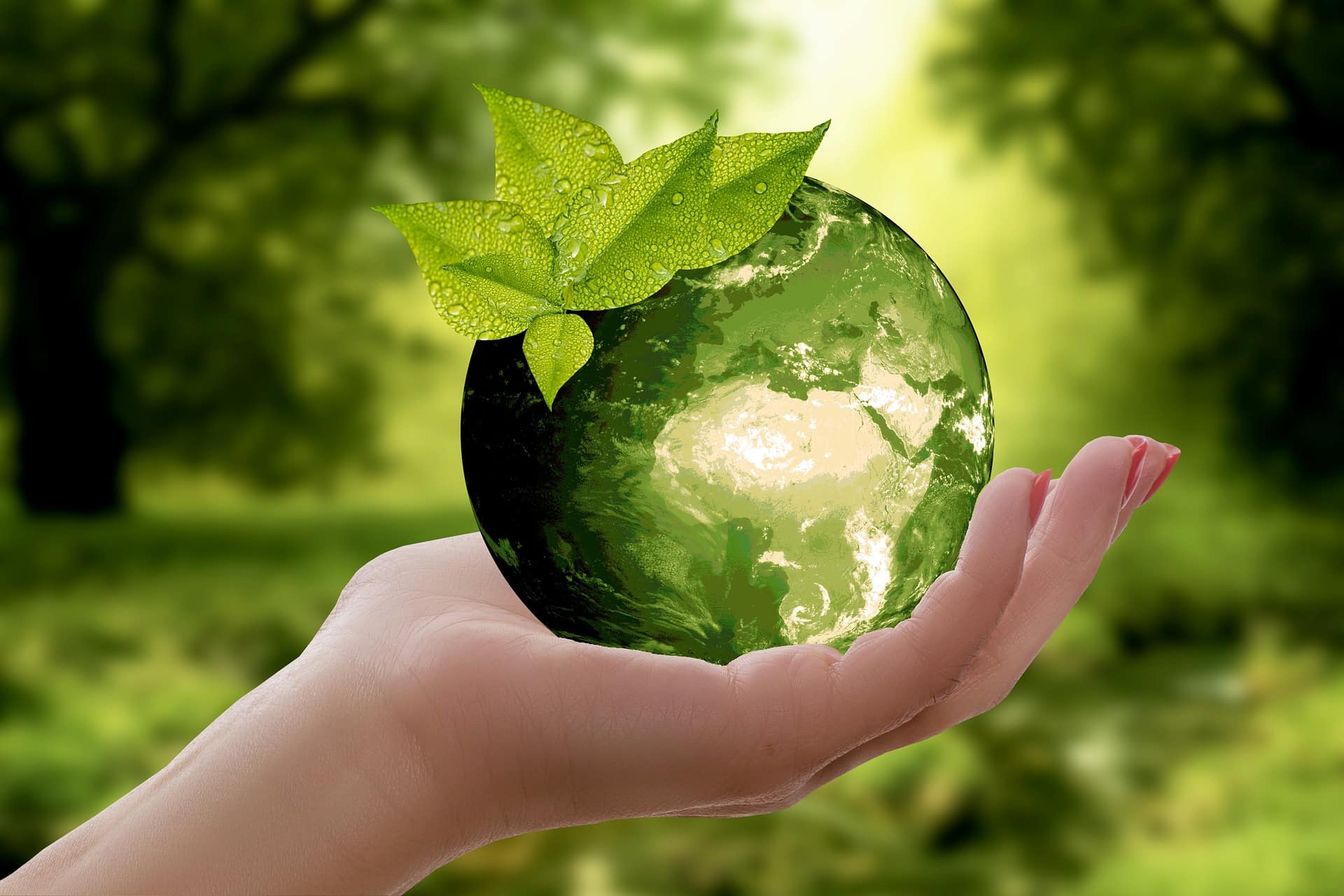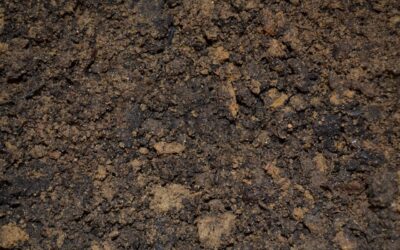The 2022 annual report for Cleanfarms shows how Canadian farmers managed waste agricultural plastic products and packaging for recycling and safe disposal, a May 5 news release said. In the report Cleanfarms described how opportunities to divert agricultural waste materials from landfill have expanded beyond the long-standing small and large pesticide and fertilizer containers, adding options are available to operate farms sustainably.
In 2022 a three-year project to collect seed, pesticide and inoculant (SPI) bags across the Prairies moved from a pilot to a permanent program, the release said. Commonly used to deliver agricultural crop inputs, SPI bags have been collected in the Maritimes, Ontario and Quebec for more than a decade, but it wasn’t an option available for Western Canadian. Now empty SPI bags can be taken to Cleanfarms’ collection sites from Prince Edward Island to Alberta. In 2022, about 553,800 kg of SPI bags, including fertilizer bags in Quebec, were recovered.
“Plastic products like grain bags, baler twine, jugs and 1000L totes are important tools in the agricultural industry. Farmers, like other Canadians, want ways to manage these materials as part of a sustainable circular economy. At Cleanfarms, our job is to develop and launch programs that are cost efficient and give growers options to see these materials repurposed as new products,” Barry Friesen, Cleanfarms executive director, said in the release.
The report noted another recycling program included in the annual report is the pilot project to recover bale wrap and silage bags, made from a plastic commonly used to preserve hay for livestock feed. Through partnerships such as with Dairy Farmers of Canada, Cleanfarms initiated pilot projects across the country to assess the effectiveness of using a compactor mechanism to compress loose bale wrap and silage bags, bunker covers and silage tarps into bales that are more easily stored and transported for recycling.
“Pilot projects are the foundation of Cleanfarms’ program development to recover these materials. Through pilots we figure out how growers will use the programs, how to collect and transport materials, and how to ensure recyclables go to viable end markets. Pilots are the tool we use to determine what works and what doesn’t, and how to tweak systems until they are as efficient as possible. Then, wherever possible, we transition them to permanent programs,” Friesen explained.
In the 2022 annual report, Cleanfarms highlighted the collection of agricultural materials since the inception of the programs for each:
- Plastic pesticide and fertilizer containers 23L and smaller – 149 million units
- Non-refillable bulk pesticide and fertilizer drums and totes – 392,000 units
- Seed and pesticide bags – 3,000 tonnes
- Unwanted old pesticides – 4,200 tonnes
- Old, obsolete livestock/equine medications – 67.3 tonnes
- Grain bags, agricultural film and baler twine plastic – 12,700 tonnes
Related Articles
Ag Recycling Increasing in Alberta Through Pilot Program





